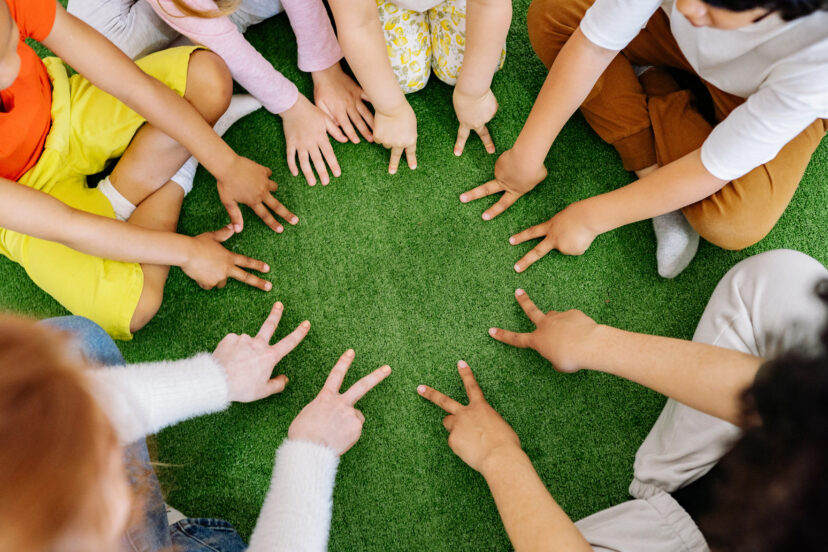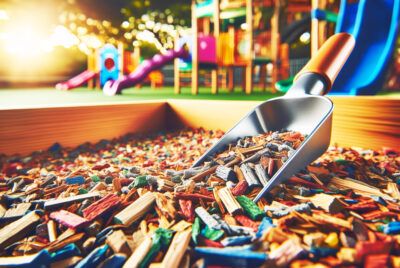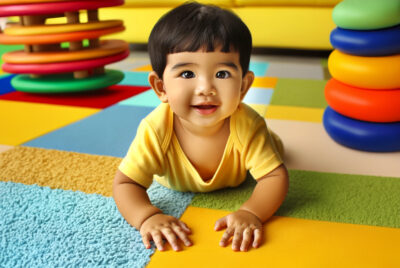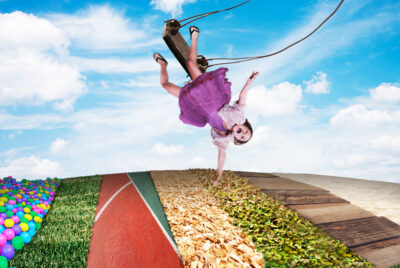Group Play, The Positive Effects of Siblings and Peers
Group Play Introduction
Group play kicks off the adventure of childhood, doesn’t it? It’s where the magic starts, with kids coming together and just diving headfirst into their own little worlds. This shared playtime isn’t just fun and games, It blends the realms of imagination, physical activity, and social interaction. As a playground enthusiast and advisor, I’ve seen first-hand how play can weave the fabric of strong sibling and peer relationships. It’s not just about the laughter and the rush of sliding down the slide for the playground; it’s about the emotional bonds, the development of trust, and the fun that lays the groundwork for lifelong connections.
Embracing Affective Connections
Emotions are the colors of our internal landscape, and the playground is like a canvas where children can learn to blend and contrast these with the help of their siblings and peers. It’s where a shy smile transforms into a hearty laugh and where a frown can turn upside down with a simple act of kindness. These affective connections are the invisible threads that weave the fabric of our relationships.
Activity Example 1
‘Emotion Charades’ on the jungle gym becomes more than a game; it becomes a lesson in empathy. As each child acts out an emotion, others guess and learn to understand and respect each other’s feelings.
Activity Example 2
‘Feelings Scavenger Hunt’ is not just an exercise in exploration but also in emotional intelligence. Finding a rock that symbolizes ‘strength’ or a leaf that represents ‘growth’ makes abstract emotions tangible.
Building Trust and Leadership
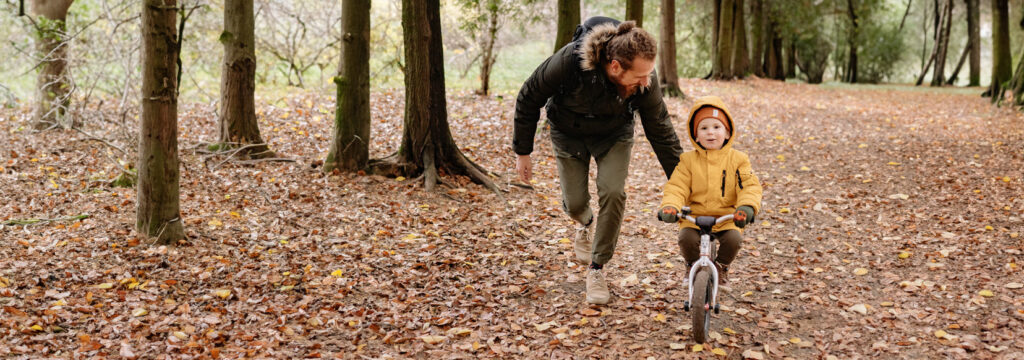
When siblings and friends navigate the challenges and victories of playground games, they’re setting the foundations for trust and learning to take the lead. It’s a safe space where taking risks is encouraged, and standing up to guide others is applauded. These early experiences of reliance and guidance are formative, imprinting lifelong lessons on young minds.
Activity Example 1:
The trust built when a sibling guides another, blindfolded, towards a hidden object is a small but significant step in understanding the essence of leadership and the importance of being a trustworthy guide.
Activity Example 2:
The collaborative effort in creating a ‘castle’ out of playground mulch isn’t just about building a structure; it’s about constructing a hierarchy where each child has a role that supports and is supported by others.
Cultivating Team Cooperation
Teamwork is fundamental in group play because it is the glue that binds individuals to achieve common goals, and the playground offers numerous opportunities to practice this skill. Whether it’s through a shared goal of building the highest sandcastle or coordinating a group hopscotch game, these activities require communication, compromise, and collective effort.
Activity Example 1:
Cooperation and reciprocity can be best exemplified with the see-saw that becomes much ore than just a piece of playground equipment; it’s a lesson in balance and reciprocity. Children quickly learn that cooperation is key to making the see-saw work, reflecting the give and take necessary in relationships.
Activity Example 2:
Negotiation: When children come together to build a sandcastle, they’re not just playing with playground sand; they’re learning the art of negotiation, sharing ideas, and celebrating a job done together.
Enhancing Negotiation Skills
Negotiation is a subtle art that children learn not in boardrooms, but on the boardwalks of playgrounds. Through play, they learn to assert their needs while accommodating the wishes of others—a delicate balance that forms the core of social interactions.
Activity Example 1:
Bartering with playground toys like balls or frisbees teaches children the value of trade-offs and compromise, as they negotiate turns and swaps.
Activity Example 2:
Setting rules for a pirate playground adventure is an exercise in democracy. Each child’s voice counts, teaching them to negotiate roles, turns, and rules, crafting a game that’s fair and fun for all.
Boosting Confidence and Peer Reliance
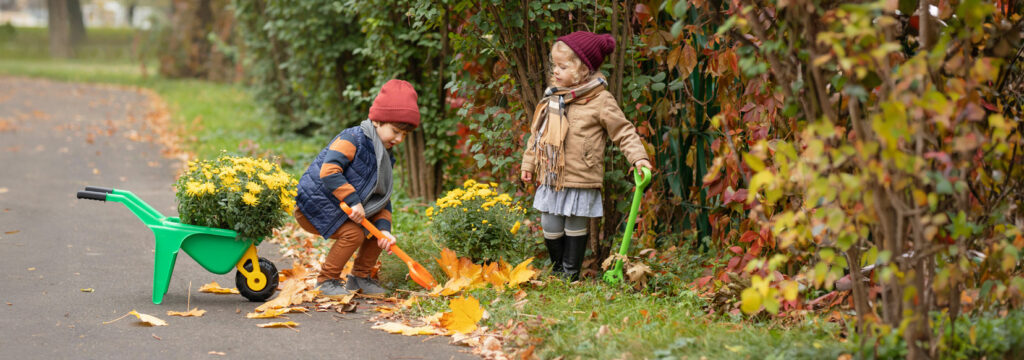
Self-assurance and the ability to trust in one’s peers are crucial qualities nurtured specially through interactive group play. The playground is an arena where victories are shared, challenges are met together, and confidence is built one step, or swing, at a time.
Activity Example 1:
When children cheer each other on across the monkey bars, they’re not just offering support; they’re boosting each other’s confidence and fostering a sense of mutual reliance.
Activity Example 2:
Constructing a fortress using rubber mulch calls for creativity and mutual support. It’s a collective project where each success bolsters individual confidence and reinforces the reliability of the group.
Fostering Long-Term Friendships
The friendships forged on the playground are often those that endure. Common interests, shared experiences, and the joy of play are the initial threads that tie these relationships together, while mutual respect and fond memories strengthen them over time.
Activity Example 1:
Racing down the playground zipline can be a thrilling competition, but it’s the laughter and shared excitement and adrenaline rush that cement a lasting bond between friends.
Activity Example 2:
Collaborating on a chalk mural allows children to express themselves individually while contributing to a collective masterpiece, symbolizing the balance of personal expression and unity needed for long-term friendships.
Utilizing Local Playgrounds of Build Your Own
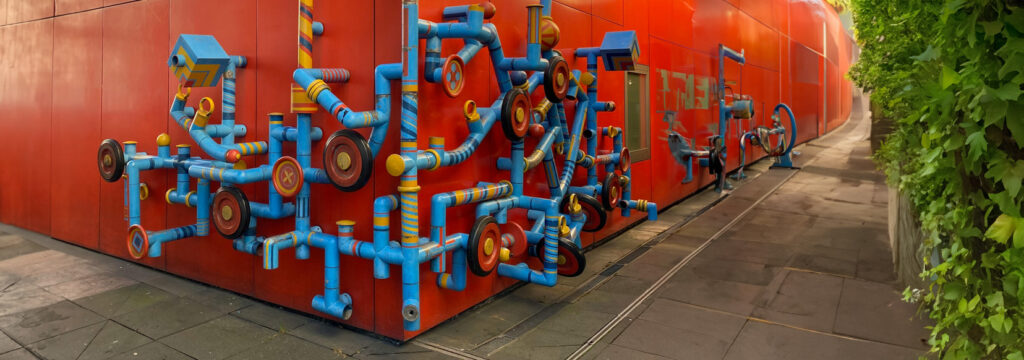
Our neighborhood playgrounds are much more than just convenient places for kids to burn off energy. They are vibrant community centers that offer a variety of developmental benefits through play. Searching for “parks near me with playground” or “best playgrounds near me” can uncover hidden gems where children have the freedom to explore these skills in a natural setting.
Finding the Best Playgrounds and Equipment
When I am either looking for “parks near me with playground”, or selecting designs for my community’s park, or even my backyard, I search for characteristics that offer diversity and engagement. From the classic “castle playground” that inspires imaginative play to “adventure playgrounds” that challenge physical abilities, the right setting can make all the difference in nurturing development.
Ensuring Safety and Fun
Safety is paramount, which is why I always look for parks that prioritize it with measures like “playground rubber mulch” or “playground wood chips” to cushion any falls. Equipment like a “swing set with monkey bars” should be selected with quality materials that ensure well being and safety, and naturally well-maintained to ensure every visit is as safe as it is fun.
Incorporating Educational Group Play
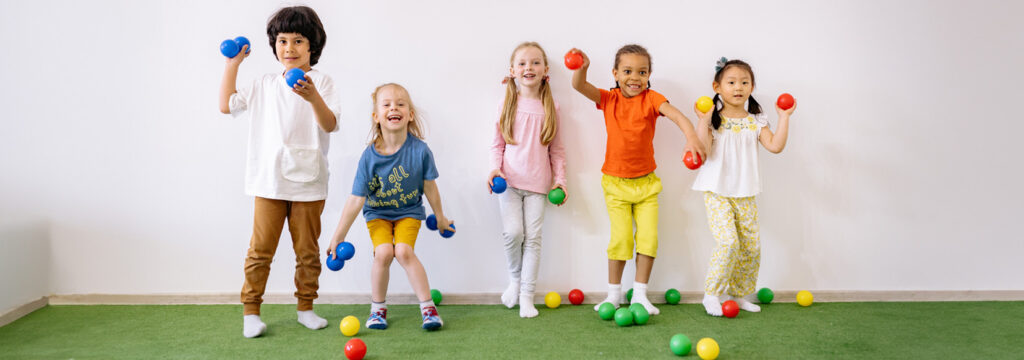
The playground is also a classroom without walls. Educational play can turn a “playground ball” into a tool for learning physics through motion or a “pirate playground” into a history lesson on seafaring explorers.
Educational Activities for Sibling Play
I love to create treasure maps with historical facts that siblings must use to find hidden “playground balls,” turning the hunt into a lively history lesson. Another favorite is a nature bingo on the “natural playground,” where kids learn about local flora and fauna as they play.
Technology and Play
We’re in an age where technology and traditional play don’t have to be at odds. “Interactive playgrounds” with digital installations can offer an exciting layer of engagement, blending physical and digital play.
Interactive Playgrounds and Digital Integration
Imagine an “interactive playground” where kids solve puzzles through augmented reality or use “fireworks playground codes” to unlock new levels of play. These experiences can enhance problem-solving skills and technological literacy, all within the joy of play.
Inclusive Play for Diverse Needs
Inclusivity in play is close to my heart. Every child, including those with special needs, should have the opportunity to experience the joy and developmental benefits of group play.
Activities for Inclusivity
A “sensory swing” can provide a calming experience for a child with sensory processing needs. Designing a game where every child, regardless of ability, has a role, like a musical band using “playground toys,” ensures everyone is included and valued.
Conclusion
The playground is a place where life’s fundamental skills are honed. It’s where children learn to navigate the complexities of human relationships in a setting filled with joy, challenges, and the freedom to explore. As we encourage our kids to play, to climb, to jump, and to run, we’re not just building stronger bodies—we’re nurturing future leaders, thinkers, and friends.
FAQs
- How can I get my child to interact more with peers at the playground?
- Encourage cooperative games that require teamwork and introduce your child to group activities like a “playground game” of tag or a “castle playground” siege with peers.
- What are some of the best playground activities for developing social skills?
- Shared activities like a “toddler playground” music circle or a “jungle gym” teamwork challenge are fantastic for social skill development.
- How can playgrounds be used to improve a child’s negotiation skills?
- Role-playing games that involve setting up a “shop” using “playground toys” can help children practice negotiation and bartering in a fun setting.
- Can you give examples of how playground play enhances confidence?
- Solo challenges like conquering the “playground slide” or “monkey swing” can boost self-confidence, while group achievements like completing a “playground zipline” together can build social confidence.
- What should I look for in a playground to foster long-term friendships among children?
- Look for playgrounds with a mix of “interactive playground” features and traditional equipment like “playground swings” that allow children to engage in both independent and group play.
By weaving these various elements into our playground experiences, we’re not just giving our children a place to play, we’re giving them a foundation for life.

